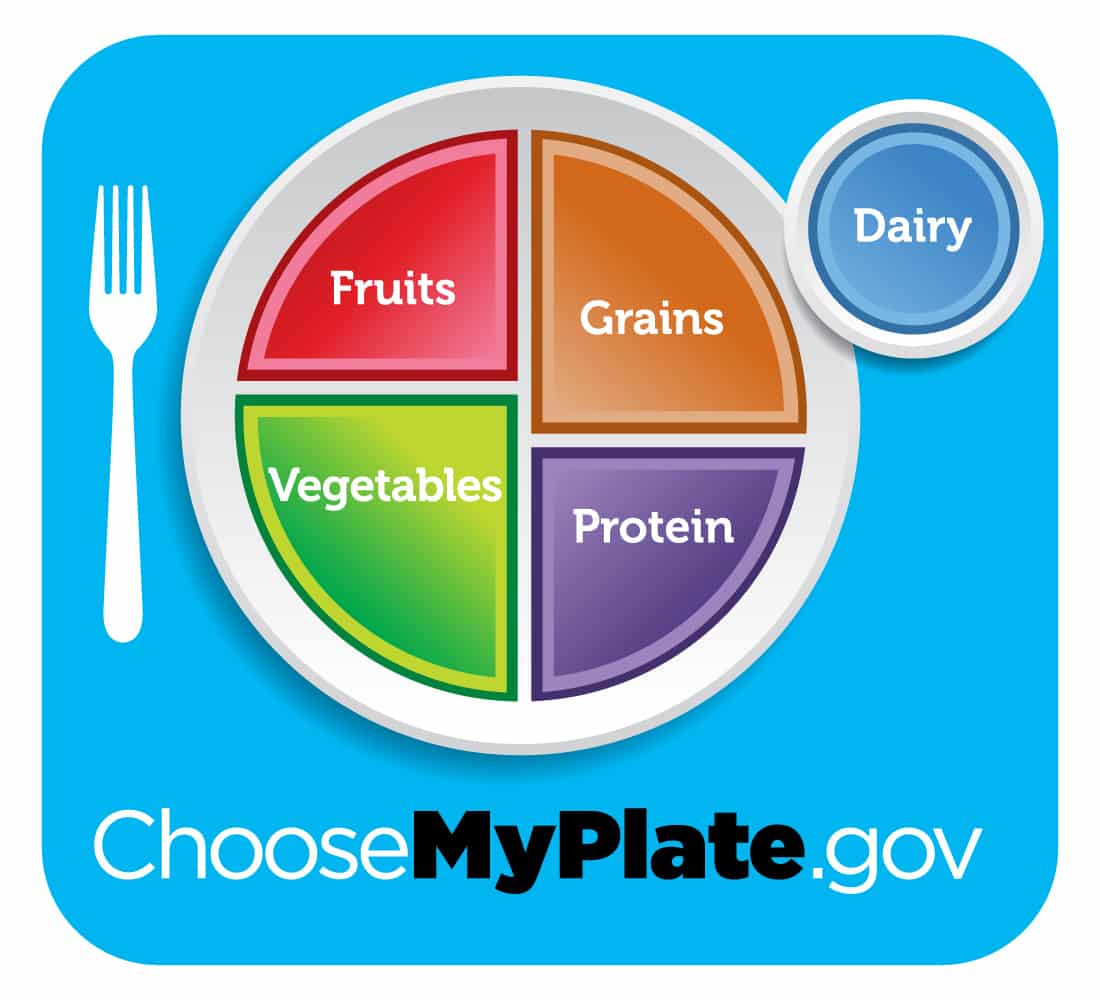
How did the most recent revision of the Dietary Guidelines for Americans come into being? The backstory is more complicated than a spy novel. We mentioned how the process attracted interest from a billionaire couple, the Arnolds, and scornful derision from the president of the Center for Science in the Public Interest.
In September of 2015, The BMJ (formerly the British Medical Journal) published a widely discussed article by journalist Nina Teicholz. Basically, she asked why the bureaucrats in charge did not seem to be paying attention to the actual science of how the body is affected by food.
Teicholz wrote:
The expert report underpinning the next set of US Dietary Guidelines for Americans fails to reflect much relevant scientific literature in its reviews of crucial topics and therefore risks giving a misleading picture, an investigation by The BMJ has found. The omissions seem to suggest a reluctance by the committee behind the report to consider any evidence that contradicts the last 35 years of nutritional advice.
The author pointed out that rather than reinventing the wheel, many other countries adopt the American dictums, so the Guidelines are not just theoretical, but have a profound real-world effect. Inside out country, they translate into concrete reality in the form of “public feeding programs which are used by about a quarter of Americans each year” — school lunches, for instance, and the WIC program for new mothers and infants. Furthermore, Teicholz asserts that the National Institutes of Health allots research funds based on the Guidelines.
Of course, the government would be foolish to spend millions on studies, and then decline to consult the findings of those research projects. Yet that appeared to be exactly what the government was doing, or, more accurately, not doing. We might add that each five-yearly revision offers the opportunity for a new graphic to be designed, like the $2 million “My Plate” icon unveiled in 2011 (pictured.) But back to Teicholz, whose eloquent and multi-faceted indictment of the government committee’s shortcomings is best experienced in her original prose.
Saturated fat was a subject very much on the author’s mind. Although the committee had been active since 2012, it had resisted reading up on the latest discoveries about dietary fats, having ignored “several prominent papers, including a meta-analysis and two major reviews (one systematic) that failed to confirm an association between saturated fats and heart disease.” Government employees and officials were also found to be woefully ignorant about controlling both obesity and type 2 diabetes by slashing carbohydrate intake.
Teicholz raised questions about ingrained bias, special interests, conscientious intent, undue influence, and conflicts of interest among the committee members. The chair, for instance, was Barbara Millen, president of a company that produced “web based platforms and mobile applications for self health monitoring.”
Coincidentally, the committee’s recommendations included the use of self-monitoring technologies. Needless to say, Teicholz’s article garnered much criticism, especially from Millen, who is quoted as saying:
On topics where there were existing comprehensive guidelines, we didn’t do them.
But… But… Would it be out of line to suggest that the purpose of a revision is to do exactly that — to revise?
The next post will delve into this and other questions.
Your responses and feedback are welcome!
Source: “The scientific report guiding the US dietary guidelines: is it scientific?,” BMJ.com, 09/23/17
Image by MyPlate.gov

 FAQs and Media Requests:
FAQs and Media Requests: 











